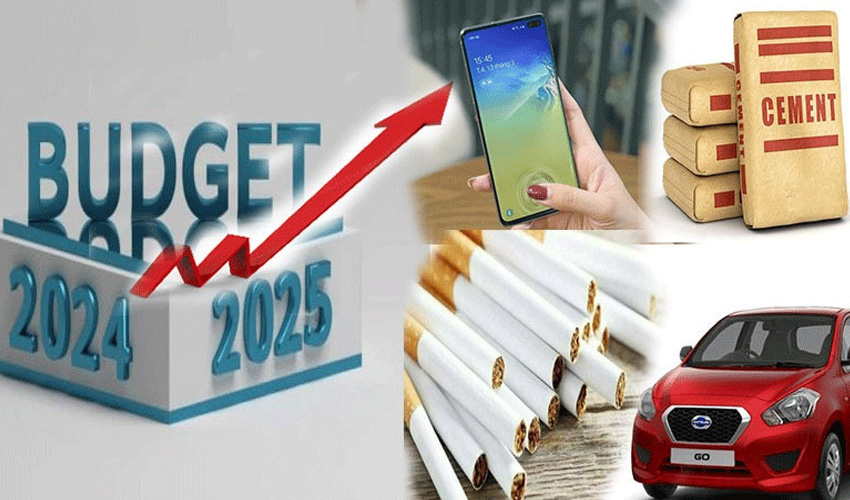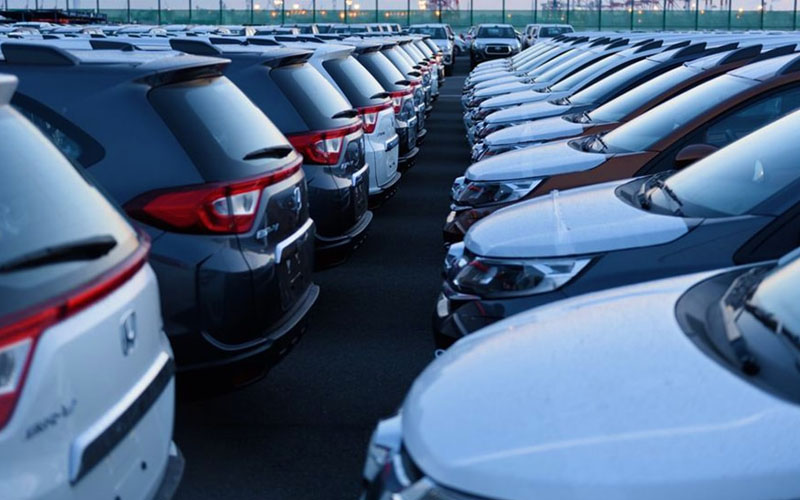Federal Finance Minister Aurangzeb unveiled on Wednesday budget of 18,877 billion rupees for the fiscal year 2024-25.
This substantial allocation raises questions regarding its implications on consumer prices, with certain sectors facing potential hikes while others may see decreases.
Here's a compilation of all times and sectors experiencing a surge or adjustment in Budget 2024-25.
Hybrid and luxury vehicle taxes
The government's budget reveals plans to terminate subsidies on hybrid and luxury electric vehicle imports, foreseeing an inevitable surge in their prices.
Initially introduced in 2013 to bridge the price gap between hybrid and conventional vehicles, these subsidies are now deemed redundant as hybrid technology becomes more commonplace and locally produced.
Sales tax on mobile phone
As part of the budgetary measures, the government proposes a uniform sales tax rate of 18 percent on various categories of mobile phones.
A targeted revenue of 24.081 billion rupees is earmarked from mobile phone duties in the upcoming financial year.
Levy on petroleum Products
The budget proposes an increase in the development levy on petrol from Rs 60 to Rs 80 per litre, while maintaining the levy on kerosene at Rs 50 per litre.
Similarly, the levy on light diesel oil is slated to rise from Rs 50 to Rs 75 per litre.
Customs duties for glass, steel, and paper products
In a bid to boost local industries, the government opts to eliminate customs duty concessions on glass products.
Furthermore, import duties on paper and steel products are set to rise, aligning with the agenda to promote domestic manufacturing.
Tax adjustments on textile and leather goods
The budget outlines a proposal to elevate the sales tax rate on textile and leather products from 15% to 18%. However, this adjustment targets high-end branded items, ensuring minimal impact on the general populace.
Revision in federal excise duty on cement
Federal excise duty on cement is slated to undergo an upward revision, climbing from Rs 2 to Rs 3 per kilogram. This move aims to bolster government revenue streams while potentially affecting construction costs.
Incentives for solar industry
Encouraging the growth of the solar panel industry, the government unveils concessions on the import of raw materials and components for solar panels, inverters, and batteries.
With an emphasis on local production and export facilitation, these incentives aim to reduce reliance on imported goods and conserve foreign exchange reserves.



























